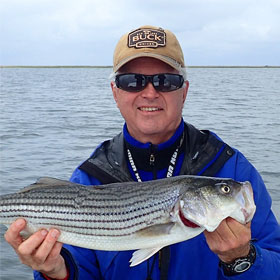Boating License Restrictions and Regulations: It’s About Safety
By Ken Schultz
Sep 05, 2018
Boating license restrictions for motorboats may stipulate the legal age of operators, as well as whether a boating safety education course must be completed
Photos © Ken Schultz
If you’re new to boating you may wonder if there are boating license restrictions that apply to you.
As with driving an automobile on public roads, most states have laws regarding who may or may not legally operate a motorized boat. So the issue is more about regulations than restrictions. Plus, laws differ with respect to operating a personal watercraft (PWC) versus a motorboat, and don’t apply to boats without motors, such as canoes, kayaks, rowboats, dories, and small sailboats.
Age may Determine who can Operate a Motorboat
Age is one of the main boat license restrictions that occur, because some states have a minimum age requirement for legally operating a motorboat or PWC. Or, they stipulate that anyone born after a certain date must have completed an approved safety course. A few states require only youthful operators (often between the ages of 12 and 16) to have a boat license. In some cases that depends on the horsepower rating of the motor on the boat.
Taking a Safety Course may be Required
In many states, you must take a boating safety education course - online or in a classroom - after which you receive a boating safety education card (aka “boating license”). With this, you’re able to operate a motorized boat in your state, and in any state that has boating license restrictions or requirements. These education cards have no expiration date, so if you move to another state, you’re still covered.
Keep the Card with You
What boating license restrictions or requirements apply once you have the license? That depends on the state, but a few things are generally in effect across the board.
What you don’t need to operate a motorboat is a state-issued automobile driver’s license. But you do need to have your boater education card with you while operating a motorboat. And you must show it to a law enforcement officer if requested.
Safety Education Card holders are Safer
Whatever the regulations are where you live, it’s been shown that boat operators who have not taken a boating safety course are statistically more involved in accidents than those who have completed one. That, plus the fact that such courses educate you about your state’s laws, about how to boat in general, and about navigation matters (the so-called “rules of the road”), make it a sensible thing to do whether required or not.
Some states require boaters to take a boating license test or to complete a boating safety course before operating a motorized vessel on state waterways. However, it's important to understand that taking a test to get your boating license is different from the process of registering your boat.









